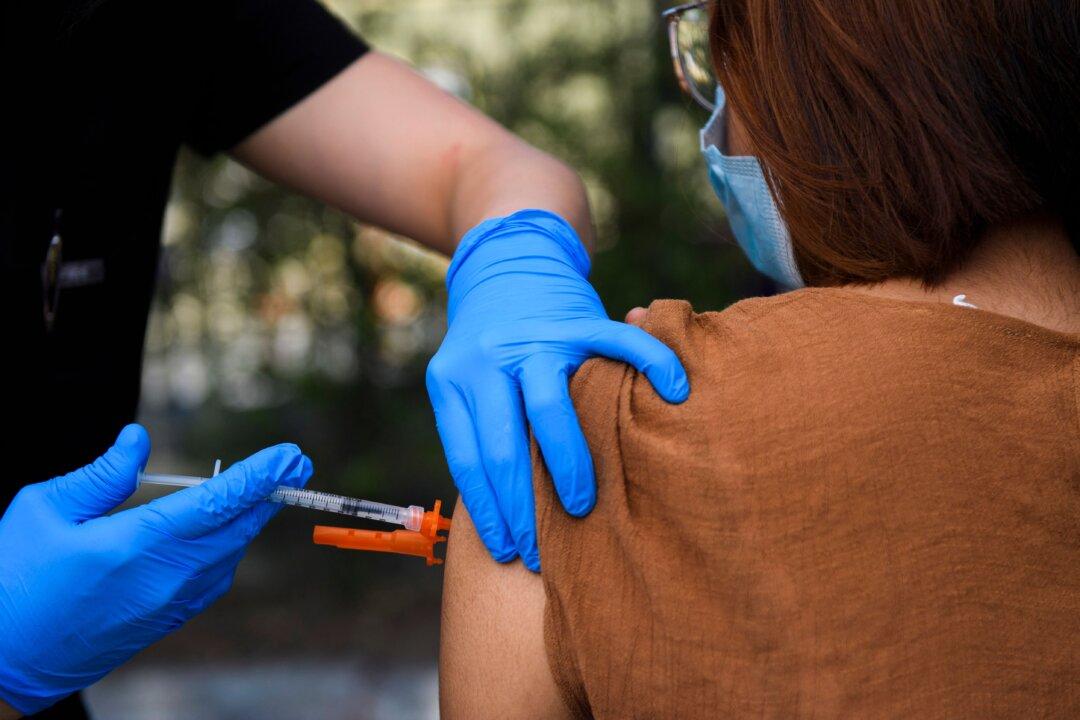More than 10,000 COVID-19 infections among people who are fully vaccinated against the disease have been reported to a U.S. health agency by states.
Through April 30, 10,262 so-called breakthrough infections were reported from 46 U.S. states and territories to the Centers for Disease Control and Prevention (CDC). Breakthrough cases refer to cases appearing two or more weeks after a person’s final shot. That’s primarily the second Pfizer or Moderna dose, but can be the single-shot Johnson & Johnson vaccine.





